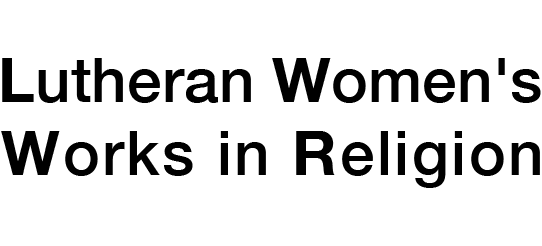Bibliography Author: Nina E. Livesey
BIBLICAL STUDIES
Nina E. Livesey Circumcision as a Malleable Symbol., Tübingen: Mohr Siebeck 2010Through a detailed evaluation of treatments of circumcision in the primary authors of the second century BCE to the first century CE, Livesey demonstrates that there is no common or universally recognized meaning for the Jewish rite of circumcision. The meaning of circumcision is contingent upon its literary context.
BIBLICAL STUDIES
Nina E. Livesey "Paul the Philonic Jew (Philippians 3:5-21)" In Annali di Storia dell’Esegesi. vol. 27, no. 2, 2010Livesey contributes to the scholarly arguments that Paul was never anything other than a Jew. She demonstrates that at the point where Paul seems most likely to have stepped from Judaism into Christianity (Phil 3:5-21), Paul‘s language reveals an abundance of parallels to the well-known Greco-Roman motif of self-mastery common to the writings of his Jewish contemporary Philo.
BIBLICAL STUDIES
Nina E. Livesey "Theological Identity Making: Justin‘s Use of Circumcision to Create Jews and Christians" In Journal of Early Christian Studies. vol. 18, no. 1, 2010 : 51-79This essay contributes to the scholarly view that in his Dialogue with Trypho, Justin is centrally concerned with the creation of distinct Christians and Jews. By using treatments of circumcision as a test case and engaging Justin‘s Dialogue rhetorically and stylistically – by commenting upon not only the structure of his arguments including aspects pertaining to sound such as breath-measures but also upon his choice of words and biblical references – Livesey documents the distinction making process and provides supporting material often lacking in the scholarship on Justin.
BIBLICAL STUDIES
Nina E. Livesey "Justin: Refining the Meaning of Christ and Christian" In The Fourth R. vol. 23, no. 2, March/April 2010 : 13-20This article is similar in genre to an encyclopedia entry. Livesey characterizes Justin as a Christian philosopher and highlights topics such as his understanding of Christ and demons. She discusses Justin‘s articulation of early Christian practices and his rather lengthy engagement with Jews and Jewish issues.

